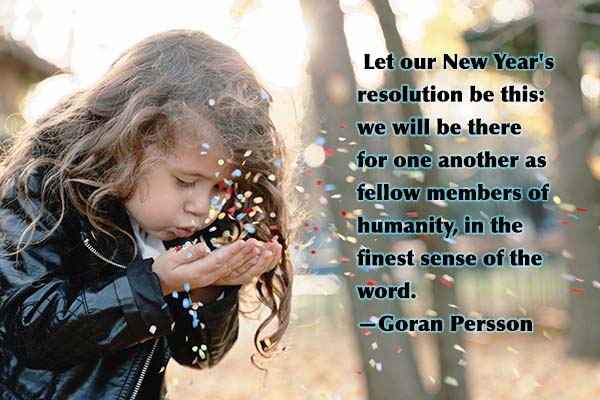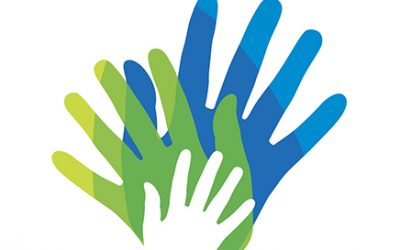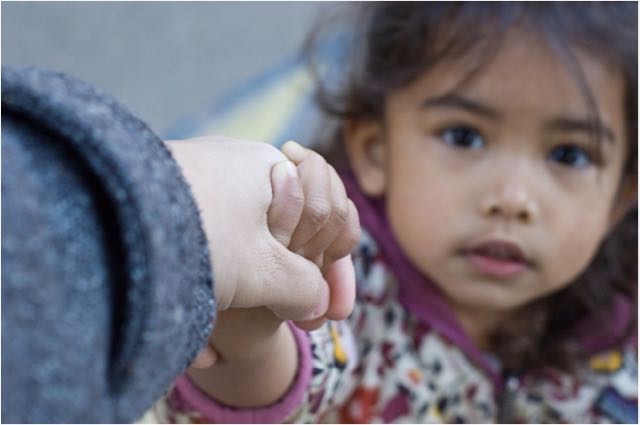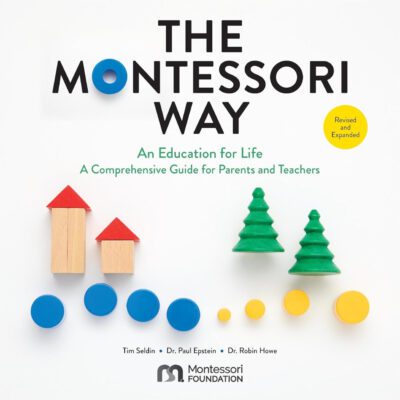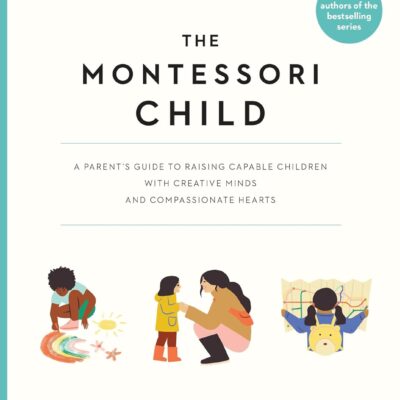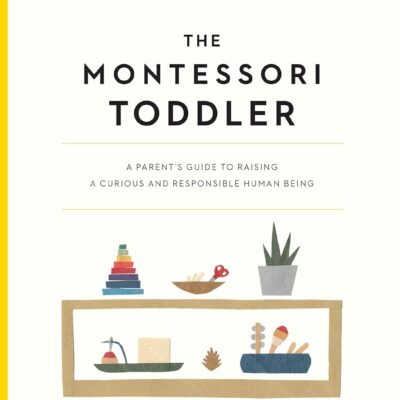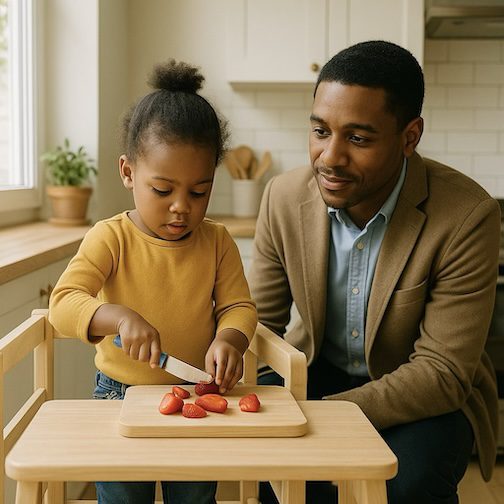
Many parents ask, “I can’t do it all—what should I never skip?” It’s a question that comes from a very real place. Life with young children is full, messy, and unpredictable. Between work, meals, laundry, and the emotional rollercoaster of toddlerhood, even the most well-intentioned parents can feel overwhelmed. Montessori may sound ideal in theory—but how do you begin when you’re just trying to get everyone dressed and out the door?
If you can only do one thing Montessori, let it be this: protect your child’s independence. More than any shelf, material, or routine, it is the child’s growing sense of self-agency that defines the heart of Montessori.
That means stepping back, even when it’s hard. It means letting your child struggle a bit—not in frustration, but in effort. It’s holding back the instinct to swoop in and fix, and instead allowing them to discover that they can do hard things. When a child senses that you trust them to do for themselves, something powerful takes root. They begin to believe in their own ability.
Consider the simple act of getting dressed. A two-year-old trying to put on socks may fumble, get them inside out, or put them on the wrong feet. It would be so much faster to just do it for them. But those few extra minutes of patience are an investment. Over time, the child not only learns the mechanics of dressing—they build confidence. They begin to see themselves as capable.
Or imagine the morning rush before school. You’re trying to get breakfast on the table and lunches packed. Your child wants to help pour their own cereal. You’re tempted to say no—it might spill, it will take longer. But this is where independence is born. Instead of brushing it off, you bring out a small pitcher with milk and a child-sized bowl. You stand close, just in case, but you let them pour. If it spills, you clean it up together. And then you see it—that proud little smile that says, “I did it.”
These aren’t just conveniences or chores. These are moments of trust, of growth, and of identity. The child isn’t helping—they’re participating. They are learning that they matter, that they are part of the family, and that they have the power to contribute.
Montessori reminds us that true independence is not just about doing things on your own—it’s about developing the executive function skills that make that possible. When children are allowed to choose their clothes, prepare a snack, or water the plants, they’re practicing planning, focus, self-control, and problem-solving. These skills form the foundation not only for academic success but for life.
Independence also transforms the parent-child relationship. Instead of being locked in constant correction, you become a guide and a partner. You begin to notice more. You step back, observe, and let your child lead. And in doing so, you create space for connection that isn’t based on control, but on mutual respect.
This approach doesn’t require special tools or a perfect home environment. It starts with noticing your child’s desire to do things for themselves—and saying yes more often. Yes, you may carry your plate to the sink. Yes, you may put your shoes on, even if they’re on the wrong feet. Yes, you may help stir the pancake batter, even if it’s a bit messy.
Every time you say yes, you’re saying something deeper: I see you. I trust you. You are capable.
This isn’t about letting children run wild or do whatever they want. Montessori is built on the idea of freedom within limits. We prepare the environment, set clear expectations, and then step back. We create spaces that invite independe nce and make it safe to explore. We hold boundaries with kindness, and we support children without rescuing them.
So if your days feel rushed, if you’re not sure where to start with Montessori, start here. Create a little time and space for your child to try things on their own. Resist the urge to jump in. Celebrate effort over perfection. And above all, let your child know—again and again—that you believe in their capabilities.
Because when a child knows they are trusted, they begin to trust themselves. And that, more than anything else, is what Montessori is all about.

